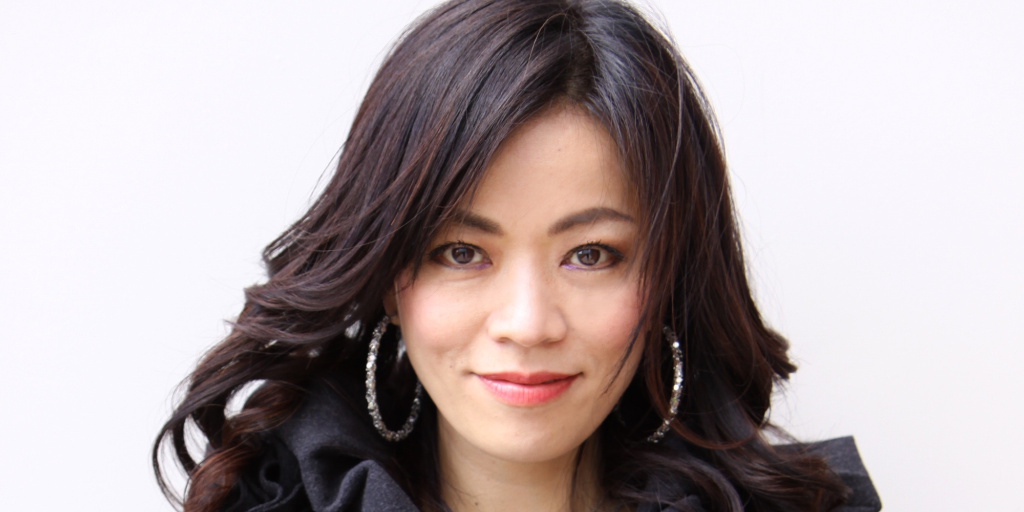
By Princess Jones Curtis
Boston, MA — “I grew up in Hong Kong. My father was a teacher and my mother was a social worker supporting youth,” explains Shirley Tang, Ph.D., Associate Professor of Asian American Studies at the University of Massachusetts Boston. “I had a strong interest in media, art, and culture, but education and respect for teachers were always core values I grew up with.” Dr. Tang holds a Ph.D. in American Studies from SUNY Buffalo and a B.A. degree in English with Honors from Chinese University Hong Kong.
“UMass Boston has been a very inspiring place to teach. Many of my students [perservere] through the realities faced by their families and communities in Boston: poverty, health disparities, racist violence and discrimination, limited political representation, etc. Most are the first in their families to achieve higher education in the U.S.”
Dr. Tang’s work centers on developing new ways of studying, analyzing, and teaching about Boston’s Asian American communities and the Asian diaspora. One of her main priorities is teaching courses in Asian American Studies, usually two per semester. “We offer the most Asian American Studies courses of any university in New England. Students at other schools often have to protest just to get a couple of Asian American Studies-focused courses approved, but we offer eight to ten every semester and have over 25 approved in our curriculum.”
As much as she believes in the importance of her industry, Tang has no false illusions about it. “Academia is no ivory tower. The environment can be very competitive, elitist, hierarchical, and unfair – even in a public university with an urban mission to promote access and equity.”
Yet, the professor insists that there is power in the individuals who make up the whole. “Individual faculty, regardless of rank or formal position, have considerable flexibility and discretionary power in the classroom and curriculum; [We] can model really empowering or transformational practices in the places where [we] have control every day, every semester. I think my digital storytelling in Asian American Studies platform is a good example of asserting this kind of leadership. Within a single course, we enable students to engage in a series of deep self-reflection and meaning-making experiences related to specific social issues, critical themes, and power relations. Through this process, they develop and co-produce first-person narratives that reflect their unique lived experiences as well as their family, community, cultural and historical contexts.”
On the subject of leadership — the UMass professor doesn’t believe there’s just one path into the future. “There is no single story or direction for people of color in 2019. Our ecology is complex and changing, but still deeply-rooted,” urges Tang. “Celebrate the lotus flowers, respect the mud, [and] recognize how much we all need water.”


